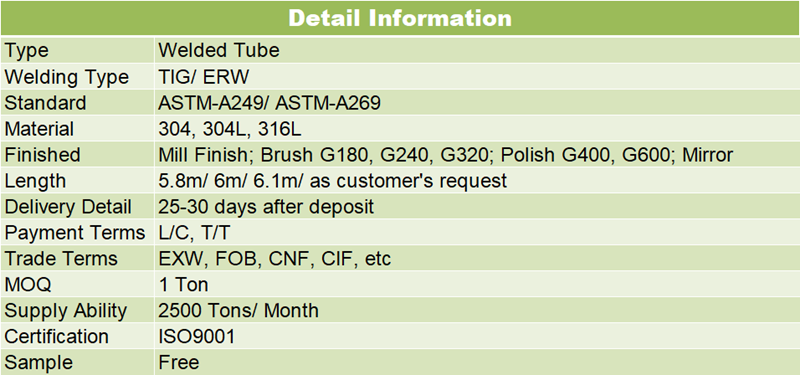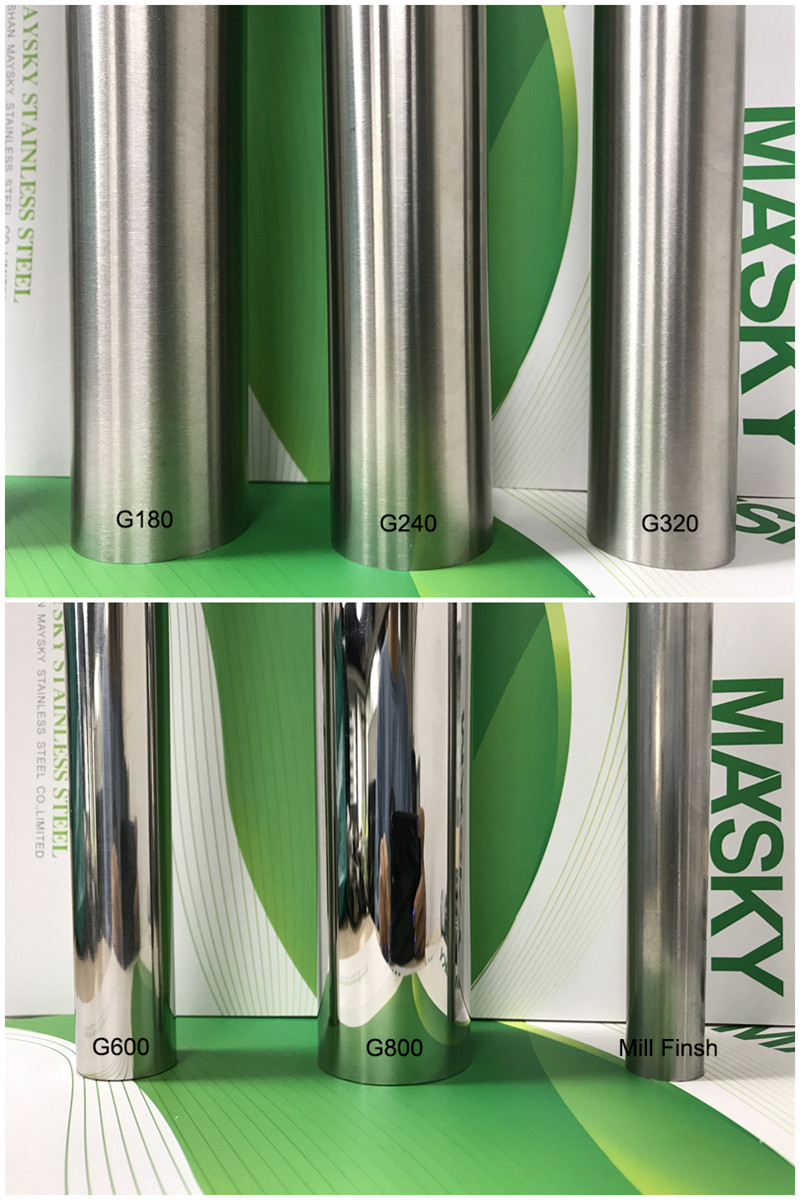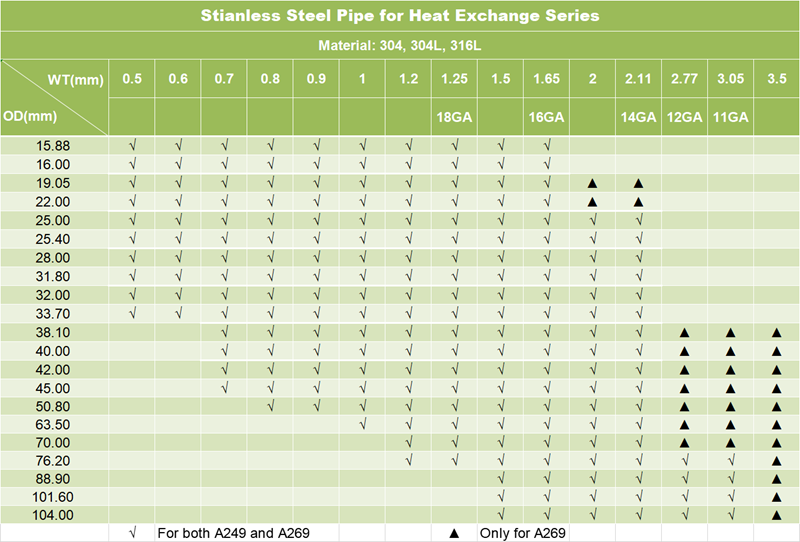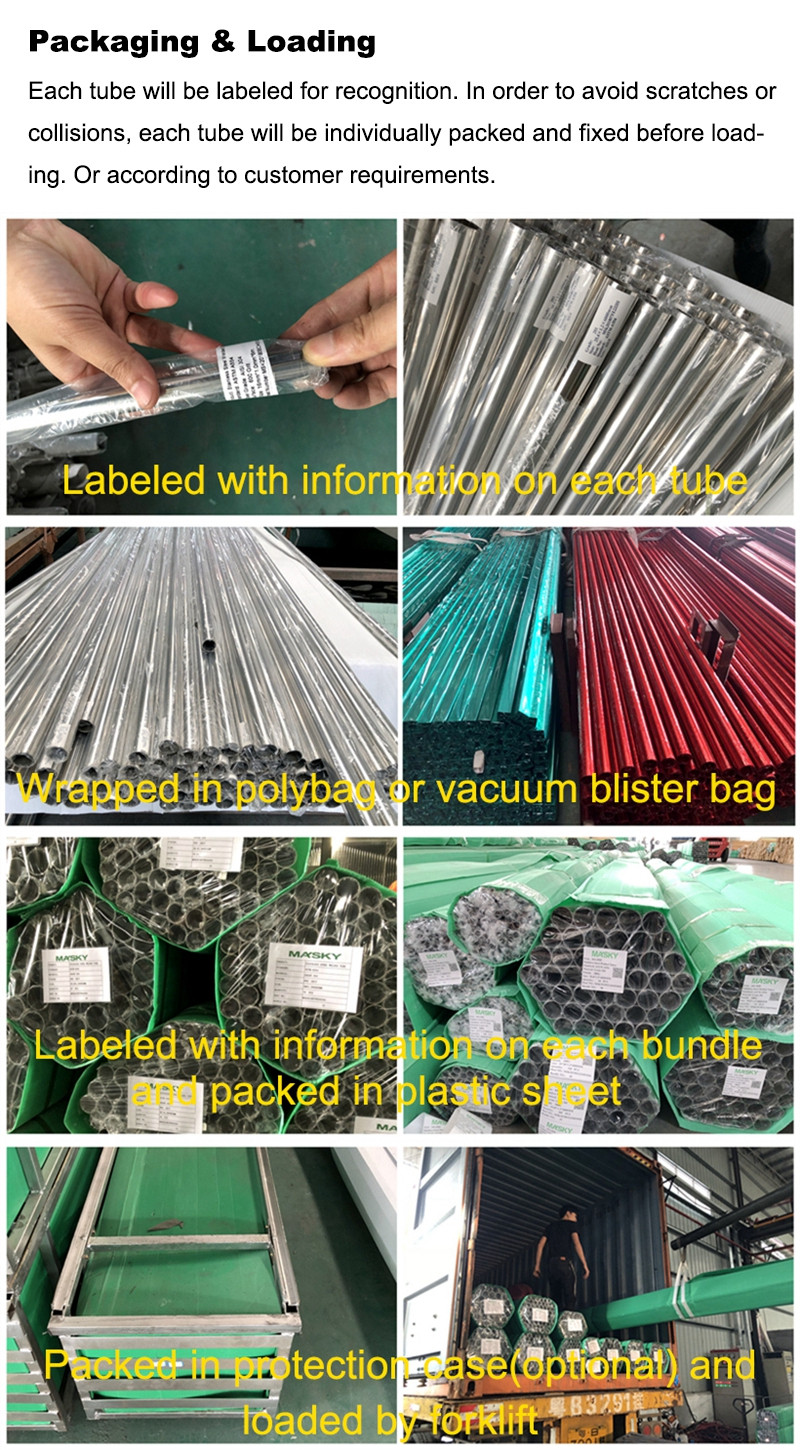





Stainless steel performance changes / A batch of stainless steel coils purchased by customers, after use, found that there is a big difference in performance from the same types of stainless steel purchased before, so they raise quality objections. The customer has been purchasing 304 stainless steel from a stainless steel trading company for stamping into grooved products. Due to the high requirements for deep drawing performance, the customer has always specified the use of 304 from a steel plant. In the past dozens of batches of products, the stamping cracking rate has been very stable. However, the cracking rate of this batch of 304 stainless steel is much higher than before. Therefore, the customer suspects that this batch of 304 stainless steel may not be the product of the designated steel mill. When different steel mills produce the same type of stainless steel, such as 304 stainless steel, due to different processes, their products will indeed have slight differences in performance, but these differences are generally indistinguishable for customers and traders. Even for products shipped from the same steel mill, due to the adjustment of raw materials and production process parameters, there may also be differences in performance. Therefore, there is a certain possibility of customer suspicion, but they cannot be 100% sure. In this case, seeking the help of the steel mill is the most effective solution. When a steel plant produces each batch of stainless steel, it will have detailed data stubs. Through detailed comparison of the chemical composition, it can be determined whether it is a product of the steel plant. If this is the case, then one thing is very important, that is the steel coil number and furnace batch number of the purchased stainless steel. These parameters are available on the label of the steel coil and the warranty book. Therefore, when signing a procurement contract, you must indicate these parameters of the purchased product, and request a product warranty. If possible, the original label must be preserved. Inform the steel plant of sampling and analysis to determine whether the product is counterfeit, and then proceed to the next step based on the actual results.